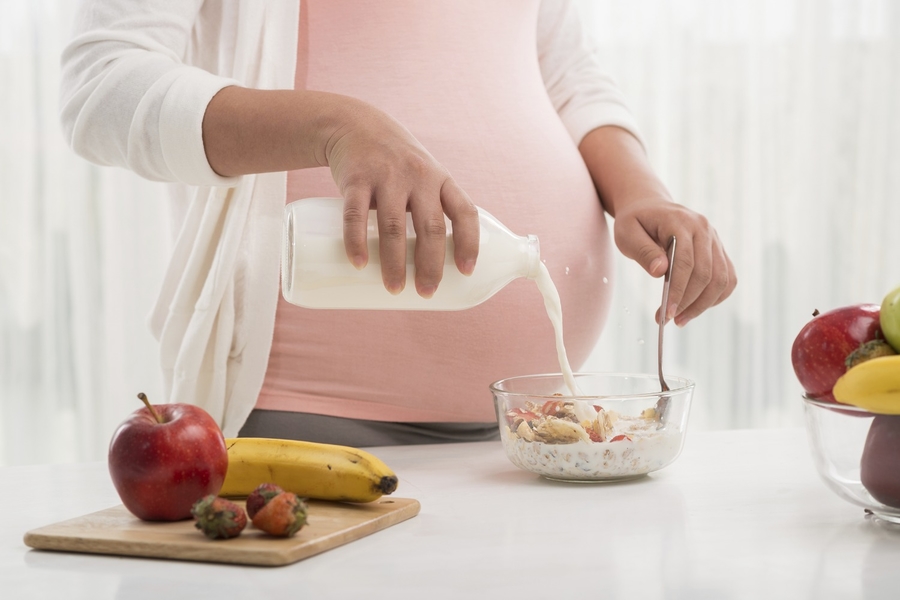
Why Protein Intake During Pregnancy Is Important For You And Your Baby
19 Jul 2018 | 3 min Read
Babychakra
Author | 1369 Articles
Every expecting mother understands the importance of nutrition in growing a healthy foetus and maintaining maternal health. It is also essential to recognise that getting the right nutrients in the right quantities is the most crucial factor determining the growth of your baby as well as your own health. One such key aspect of nutrition to focus on is your protein intake during pregnancy, as it is the basic building block of human body cells. Here’s why getting the right protein intake during pregnancy is vital and how you can achieve it:
Benefits of the Right Protein Intake for Your Baby
The amino acids that constitute protein serve as the building blocks of body cells. Naturally then, your baby’s body needs these building blocks in abundance to grow and thrive. The amino acids not only help in the development of the baby’s body tissue, nails, bones, internal organs, and hair but also play a pivotal role in the creation of hormones that regulate different body functions. While you must factor in your protein intake during pregnancy right from the beginning, it is critical to get enough in the second and third trimesters when your baby grows at a faster pace. Research has linked inadequate protein intake during pregnancy to low birth weight in infants, which can lead to a host of health problems such as jaundice, heightened risk of infections, and respiratory distress syndrome.
Benefits of the Right Protein Intake for Expecting Mothers
Protein is not just essential for the health of your unborn baby but also your own. As a building block of body cells, protein can help in the growth of the placenta and red blood cells needed to carry oxygen through the bloodstream to different parts of the body, including your uterus. This reduces the risk of anaemia, and consequent fatigue and dizziness, during pregnancy. Protein also plays a vital role in stabilising blood sugar and a good protein intake during pregnancy helps in lowering the risk of gestational diabetes. Your body’s need for protein increases in the second and third trimesters as your breasts and other organs grow bigger. Besides, a protein-rich diet helps in building muscle and not fat, which means healthy weight gain during pregnancy and lower risk of obesity.
How Much Protein Do You Need During Pregnancy
The average daily protein intake during pregnancy should be in the range of 60 to 75 grams, divided into at least three servings. However, the precise amount of protein intake during pregnancy varies as per your weight and you can ask your doctor or dietitian to recommend the right amount as per your body’s requirement.

Best Sources of Protein
Lean meats, fish, poultry, milk, cheese, yoghurt, tofu, and eggs are all rich sources of protein. Half a chicken breast, for instance, contains nearly 27 grams of protein and a cup of milk about 8 grams. Vegetarians can derive their daily protein intakes from nuts, beans, lentils, peanut butter, and soy products such as tofu and soy milk. One cup of kidney beans contains nearly 13 grams of protein. Similarly, a cup of soy milk contains 6 grams of protein. Animal-based proteins are well-rounded in amino acids, whereas plant-based proteins are not. If you do not consume meat or dairy products, it is essential to include a variety of protein – rich plant – based foods to get your required dose of nutrients.
Also read: Iron Deficiency During Pregnancy That Could Hamper Foetal Growth
A


Related Topics for you
Suggestions offered by doctors on BabyChakra are of advisory nature i.e., for educational and informational purposes only. Content posted on, created for, or compiled by BabyChakra is not intended or designed to replace your doctor's independent judgment about any symptom, condition, or the appropriateness or risks of a procedure or treatment for a given person.
